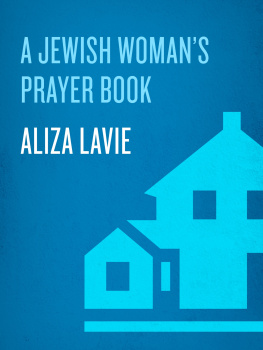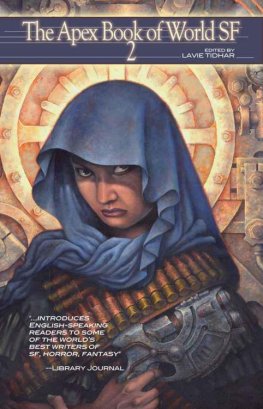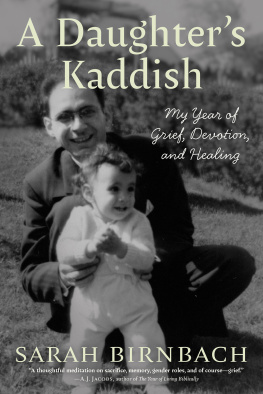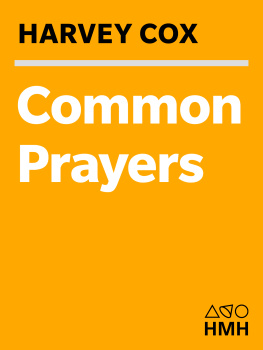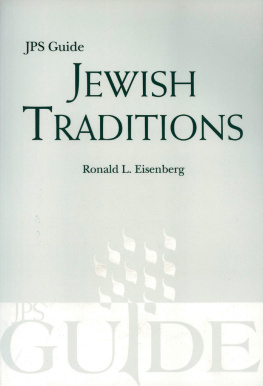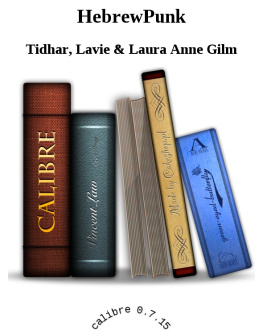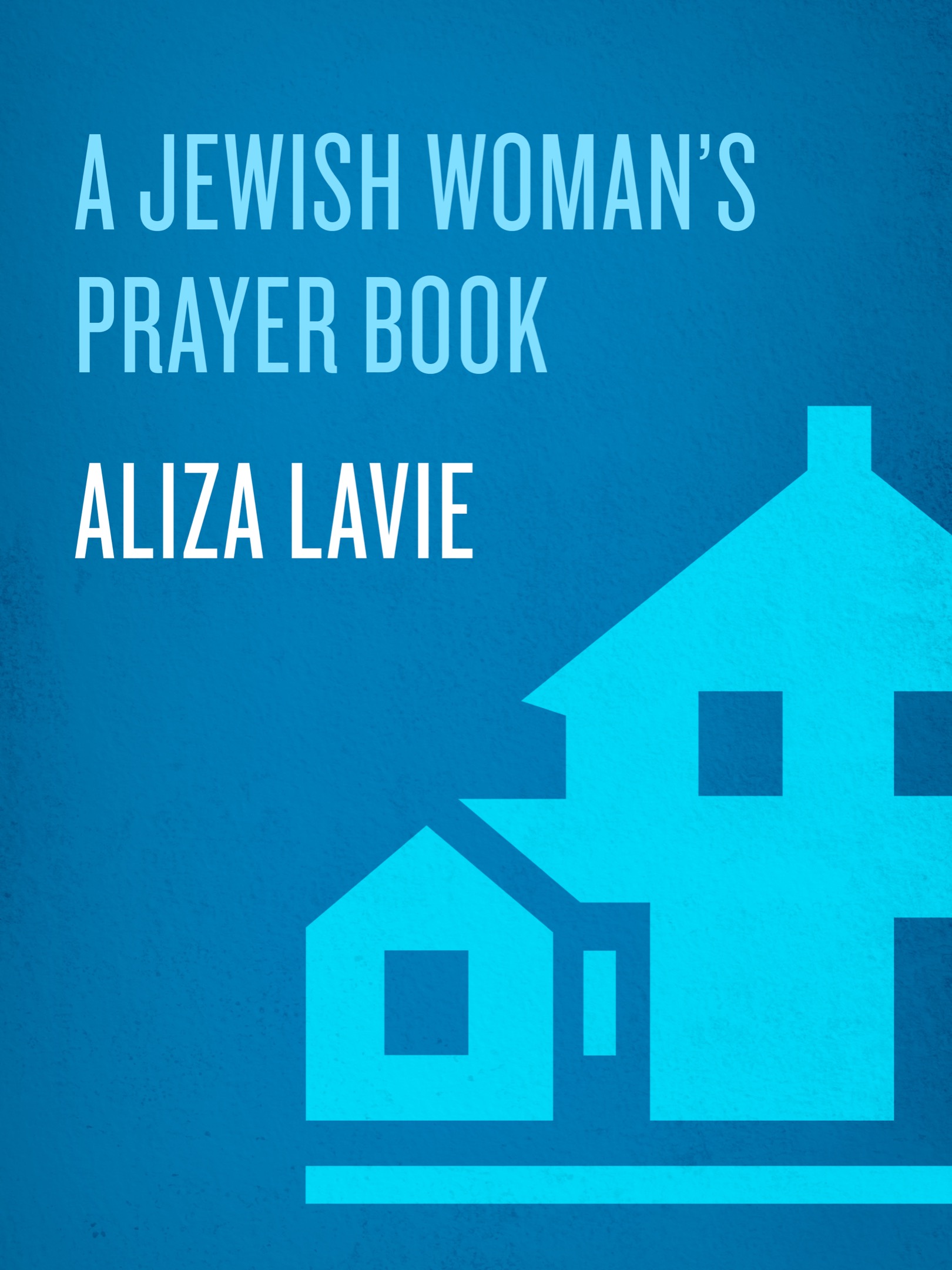Aliza Lavie - A Jewish Womans Prayer Book
Here you can read online Aliza Lavie - A Jewish Womans Prayer Book full text of the book (entire story) in english for free. Download pdf and epub, get meaning, cover and reviews about this ebook. year: 2008, publisher: Random House Publishing Group, genre: Home and family. Description of the work, (preface) as well as reviews are available. Best literature library LitArk.com created for fans of good reading and offers a wide selection of genres:
Romance novel
Science fiction
Adventure
Detective
Science
History
Home and family
Prose
Art
Politics
Computer
Non-fiction
Religion
Business
Children
Humor
Choose a favorite category and find really read worthwhile books. Enjoy immersion in the world of imagination, feel the emotions of the characters or learn something new for yourself, make an fascinating discovery.
- Book:A Jewish Womans Prayer Book
- Author:
- Publisher:Random House Publishing Group
- Genre:
- Year:2008
- Rating:3 / 5
- Favourites:Add to favourites
- Your mark:
A Jewish Womans Prayer Book: summary, description and annotation
We offer to read an annotation, description, summary or preface (depends on what the author of the book "A Jewish Womans Prayer Book" wrote himself). If you haven't found the necessary information about the book — write in the comments, we will try to find it.
Special prayers for the Sabbath, holidays, and important dates of the Jewish year
Prayers to mark celebratory milestones, such as bat mitzva, marriage, pregnancy, and childbirth
Prayers for companionship, love, and fertility
Prayers for healing, strength, and personal growth
Prayers for daily reflection and thanksgiving
Prayers for comfort and understanding in times of tragedy and loss
On the eve of Yom Kippur in 2002, Aliza Lavie, a university professor, read an interview with an Israeli woman who had lost both her mother and her baby daughter in a terrorist attack. As Lavie stood in the synagogue later that evening, she searched for comfort for the bereaved woman, for a reminder that she was not alone but part of a great tradition of Jewish women who have responded to unbearable loss with strength and fortitude. Unable to find sufficient solace within the traditional prayer book and inspired by the memory of her own grandmothers steadfast knowledge and faith, Lavie began researching and compiling prayers written for and by Jewish women.
A Jewish Womans Prayer Book is the resulta beautiful and moving one-of-a-kind collection that draws from a variety of Jewish traditions, through the ages, to commemorate every occasion and every passage in the cycle of life, from the mundane to the extraordinary. This elegant, inspiring volume includes special prayers for the Sabbath and holidays and important dates of the Jewish year; prayers to mark celebratory milestones, such as bat mitzva, marriage, pregnancy, and childbirth; and prayers for comfort and understanding in times of tragedy and loss. Each prayer is presented in Hebrew and in an English translation, along with fascinating commentary on its origins and allusions. Culled from a wide range of sources, both geographically and historically, this collection testifies that womens prayers wereand continue to bean inspired expression of personal supplication and desire.
Aliza Lavie: author's other books
Who wrote A Jewish Womans Prayer Book? Find out the surname, the name of the author of the book and a list of all author's works by series.

